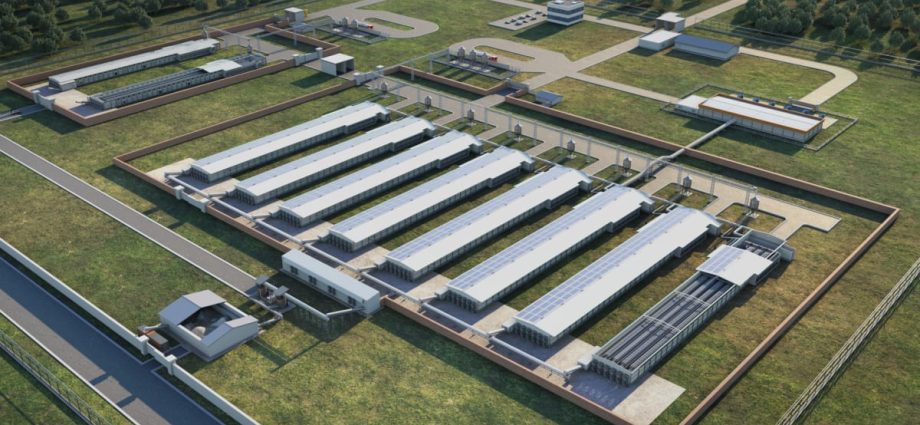
MORE PLANNING NEEDED
During Ellipsiz’s 29th annual general meeting, held on Oct 22, IFH’s CEO Joseph Kang Boon Teck said the project remained viable. Minutes of the meeting were uploaded onto the Singapore Exchange on Nov 21.
Ellipsiz’s chairman David Ong Kim Huat noted that IFH’s entry into the egg sector was aligned with Singapore’s goal to produce 30 per cent of nutritional needs locally by 2030, as the government sought to reduce reliance on imports to enhance food security.
This was despite recent news that a local egg farm has had to keep its production of eggs below maximum capacity due to a lack of demand for local eggs.
Mr Ong and Mr Kang also addressed shareholder concerns about the egg farm’s lack of progress.
A shareholder who attended the meeting asked why development costs had increased despite the company’s extensive preparation and studies on feasibility ahead of the project.
She observed that the company still cited lingering effects from the COVID-19 pandemic and supply chain disruptions even though the situation had improved this year.
This shareholder also expressed disappointment over the decision to venture into the egg farm project given that a re-evaluation of its viability was now required. She then asked if construction on the egg farm had started, and how much costs had increased.
Another shareholder asked why the company was still discussing construction after three years, noting that costs would have been lower before the Russia-Ukraine war.
In response, Mr Ong noted that construction of the egg farm had not yet begun and that this was fortunate as it would have resulted in “significant cash outflows”, according to the meeting minutes.
Weighing in, Mr Kang referred to the rise of disease outbreaks, such as bird flu, and the effects of climate change in the past 24 months of planning. He said that IFH needed to address these issues to minimise disruptions to the farm’s operations.
Mr Ong said that more land was needed to address biosecurity concerns, and this was highlighted by a consultant IFH was working with.
Biosecurity involves a farm taking measures to prevent the spread of infectious diseases to its animals.
In the three existing egg farms in Singapore – Seng Choon Farm, N&N Agriculture and Chew’s Agriculture – biosecurity includes isolating hens in houses fenced within a production zone.
IFH needed to ensure that every aspect of the facility, including equipment requirements and biosecurity considerations, were considered in architectural drawings, Mr Ong said.
Due to the need for more land and rising development costs, further planning was necessary.
While the land premium for the 10ha plot – set aside for the commercial egg farm – had been paid, IFH had to decide whether to start construction – ignoring biosecurity concerns – or to work on an alternative plan.
“IFH then decided that it was imperative to approach SFA and propose for the egg farm to be developed in phases and at the same time explore ways to reduce development costs,” the meeting’s minutes recorded Mr Kang as saying.
Mr Ong also stressed the need for “careful assessment” before starting construction as stopping the project midway could have “dire consequences”.
Mr Kang said SFA had acknowledged rising costs to be an issue and was in discussions with IFH to resolve its challenges.
According to the records, IFH is finalising its plan to submit to SFA and is hoping to provide shareholders with an update soon.
In October, SFA said in response to CNA TODAY’s queries that it has been working closely with IFH to help it set up the farm. CNA has reached out to the agency for an update.

